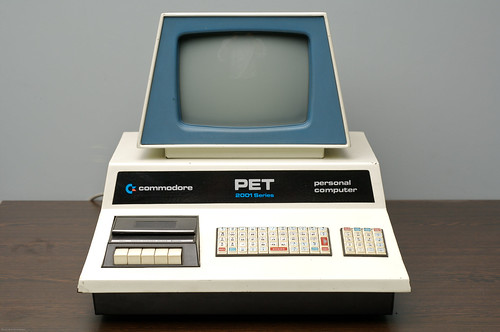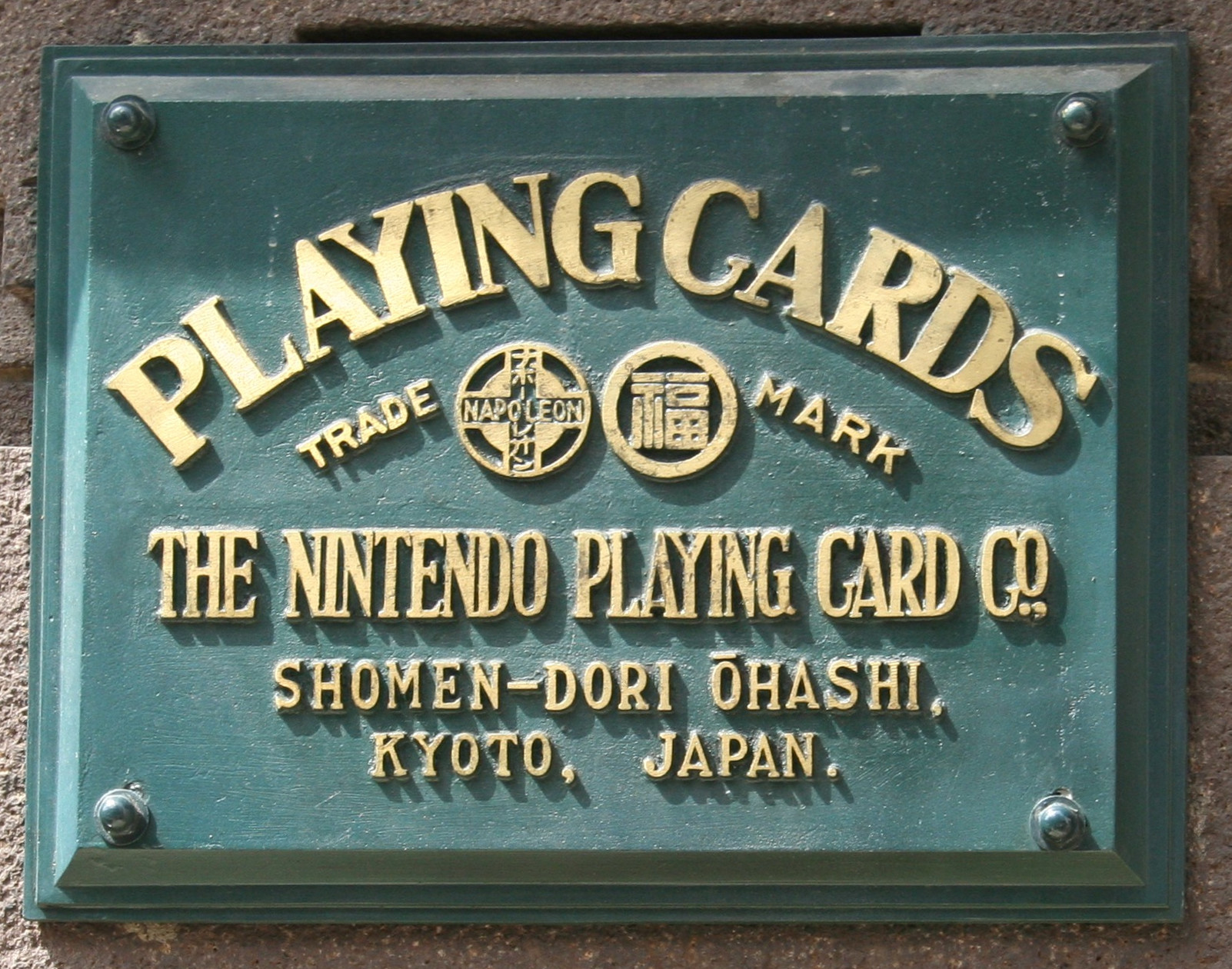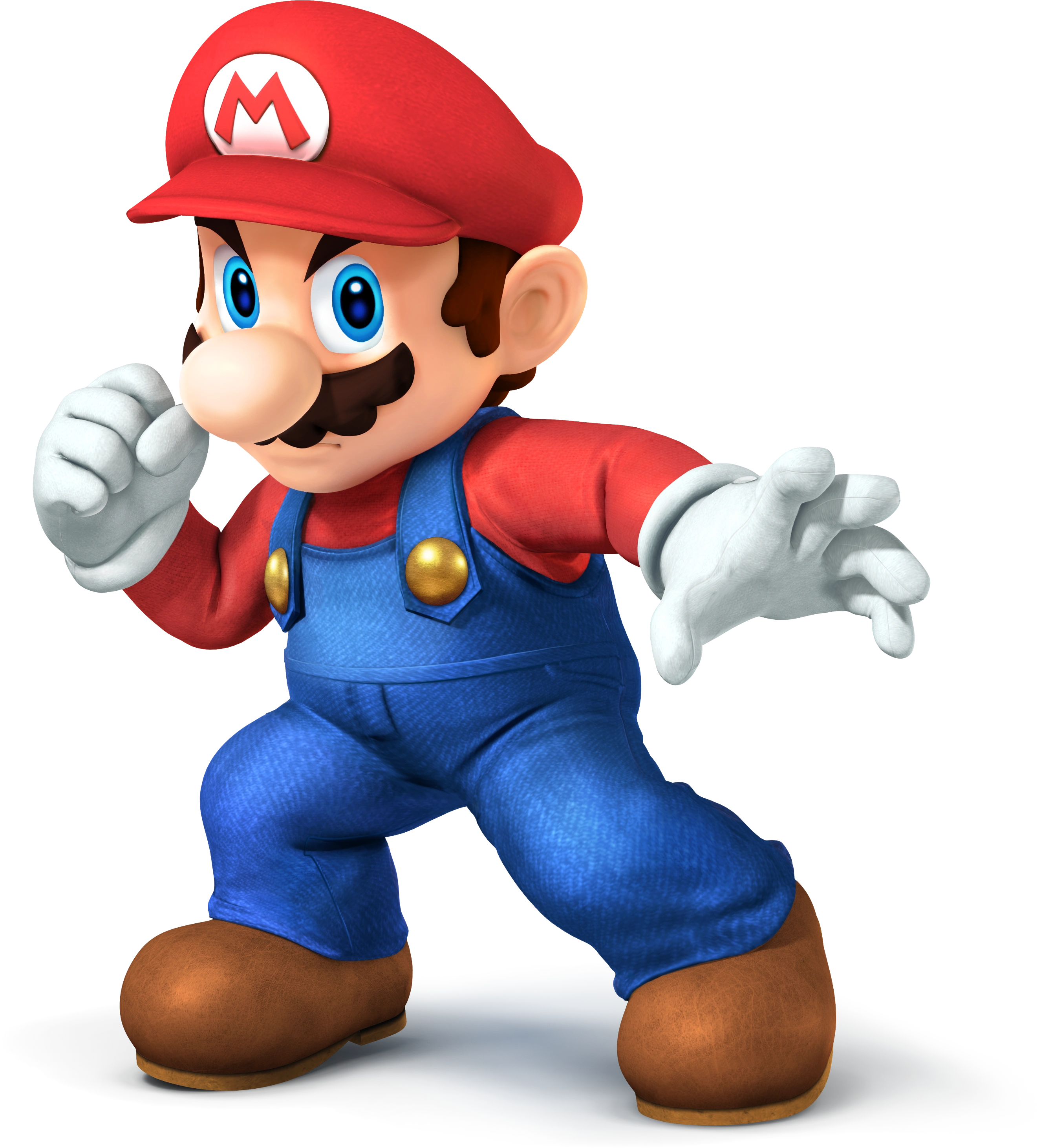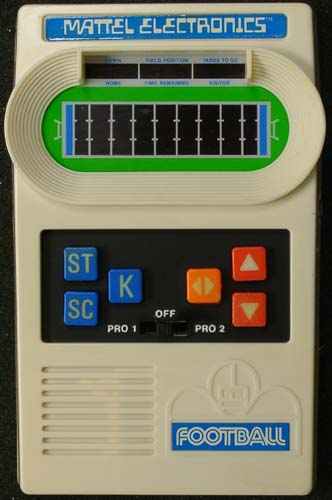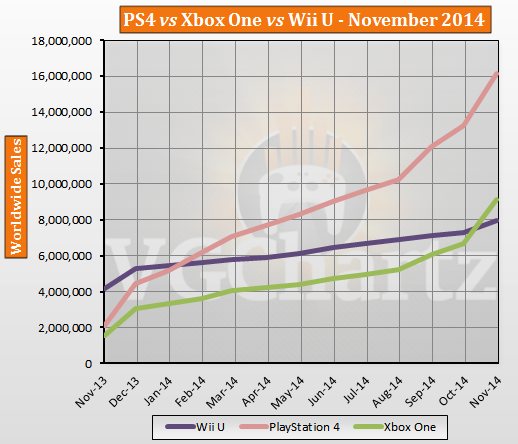I feel that gaming on a whole is ever changing and that in the future we're sure going to have to have alot of money to keep up with everything. Its amazing to see how far we have progressed in 70 years from where it all began, to where we are now but I feel that maybe in the next 70 years we're going to lose touch of how things were to start off with and as things become more high-tech we're going to depend more on technology than we already do today. Obviously technology is going to keep on advancing until man inst clever enough to improve it any more but I just hope the future of gaming wont get lost in the madness of it all.
Fairwinds internet travellers, until next time
Kristine
Fairwinds internet travellers, until next time
Kristine



